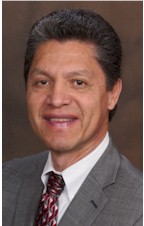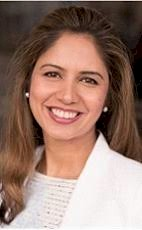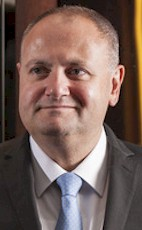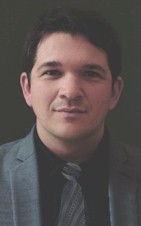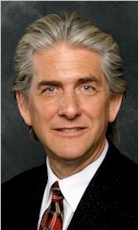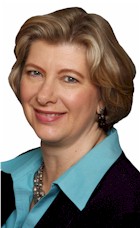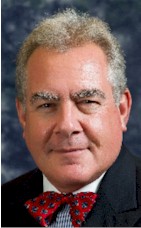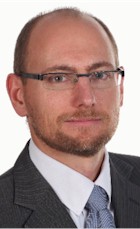
- Human Resources, Recruitment & Training
- Today's Human Resource Director: New Attributes in Times of Change
The Human Resource professional needed in hotel operations today has evolved from a role which focused on the administrative, to one which provides strategic specialist leadership across a whole plethora of key activities, aimed at keeping organizational blood-lines pumping with the right calibre of talent. The challenge to achieve organizational outcomes in times of unsurpassed change across dynamic global markets, accelerated technological advancement and on-going talent shortage. The hotel industry needs the best people and the best people leaders. It needs to look at its wider context of operation and invest in the right caliber of talent to future proof operations. READ MORE


